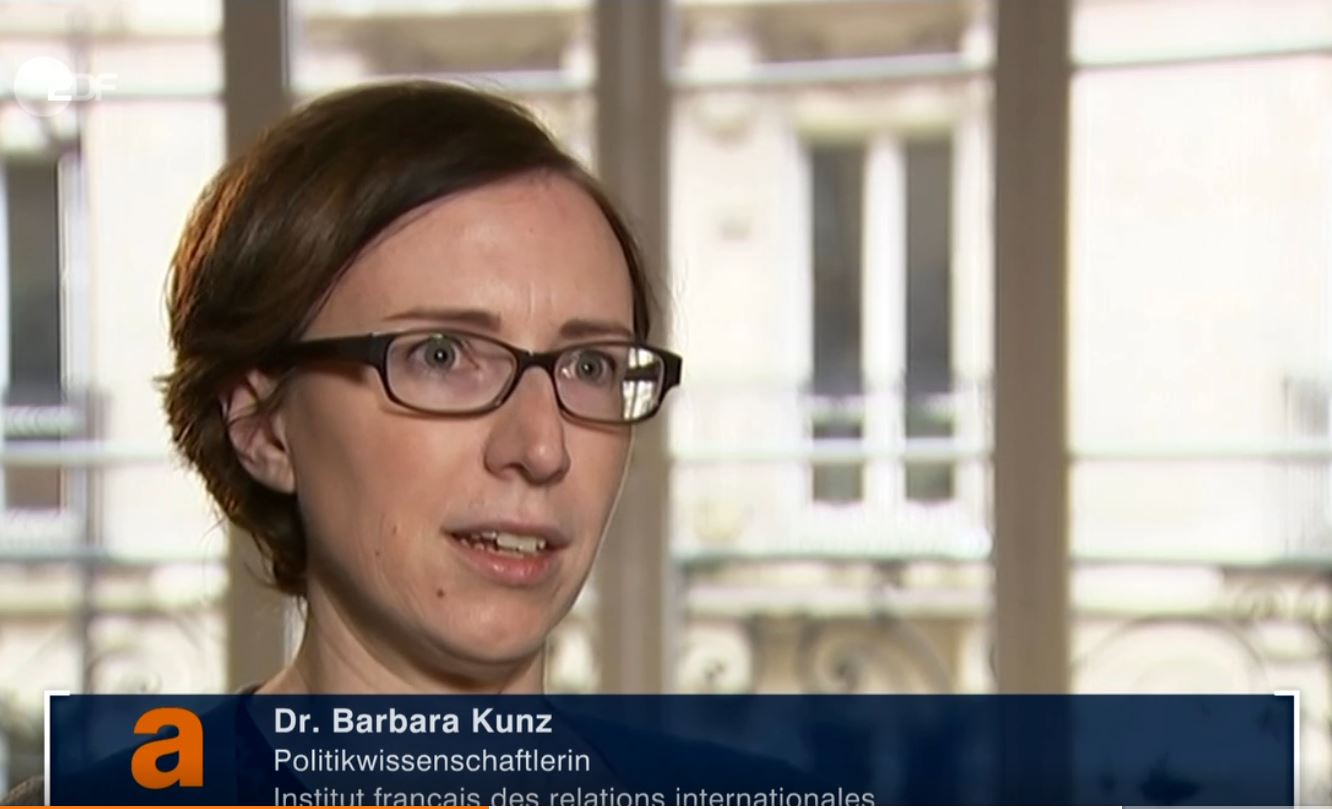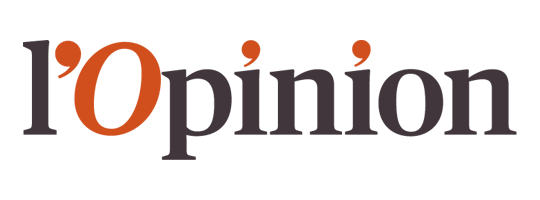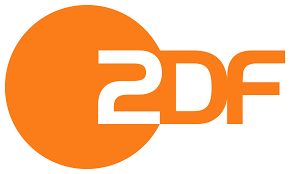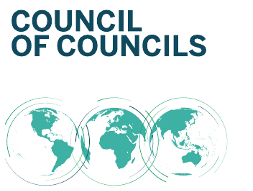United States of America
Despite polarized domestic politics and social tensions, the United States remains a major player in international relations, on the economic, military and diplomatic levels.
Related Subjects



Emmanuel Macron aide blames Russia for hacking attempts
Russia watchers say Moscow is deploying considerable resources to swing the French election.


The fight for the Elysée ...and for Europe
On Germanys second channel, ZDF, Barbara Kunz enlarges upon the French presidential election in May.
Political scientist Barbara Kunz invited to Heute journal
Primary elections of the French conservative party "Les Républicains": analysis by Barbara Kunz.
America First… and Europe Last? What will the Trump Presidency mean for Europe
After the audacity of hope, the rage of hopelessness has thus propelled Donald Trump to the White House. In a tamed but still tragic repetition of history, the economic crisis of 2008 has eventually produced its eventual political outcome, embodied in a farcical show-businessman who proudly cultivates contempt for the liberal institutions of Washington while supporting the authoritarian politics of Moscow. The consequences of this Trump moment will be profound for America, they may be even more crucial for Europe. That American elections are a global phenomenon is not new. But for the first time since World War II, an overtly nationalist, proud protectionist and self declared neo-isolationist will become the leader of the free world.
Reaction to U.S. Election Results
Europe needs better relations between Moscow and Washington. President-Elect Donald Trump spoke on the campaign trail of mending U.S. relations with Russia.

The "alt-right" votes for Trump
Donald Trump's xenophobic rethoric draws the support of white supremacists.
Trump et l'électorat populaire blanc
Donald Trump won the 2016 Republican primaries thanks to the mobilization of a specific part of the electorate: the white, non-college-educated, lower middle-class.


"Hillary Clinton's health is as much a problem as her credibility"
For Ifri's U.S. specialist, the Democratic presidential candidate's illness sheds a bright light not only on her health but also on her relationship to transparency.
Trump's Vice President: Attempting to heal the Republican rift
The announcement of Mike Pence as Republican presidential nominee Donald Trump’s running mate on July 15 was decidedly lackluster, if not downright awkward. Far from his normal persona of self-assurance to the point of hubris, Trump seemed uncomfortable and even nervous throughout, shifting plans and issuing contradictory statements in the days leading up to his running mate’s finalization.
As Pence’s name began to circulate last week, Trump signaled his malaise by insisting that the leaks were not a “final, final decision,” revealing his inability to confidently stick to Pence. Trump cancelled his first joint event with Pence scheduled for Friday, citing a desire to pay tribute to the victims of the attack in Nice, France the day prior; regardless, Trump drew attention back to himself and announced his choice on Friday evening anyway, via Twitter. Insiders reported that Trump sought assurance from advisors that Pence was the man for the job, even as Trump’s campaign fielded a last-minute appeal from New Jersey Governor Chris Christie.
The selection of Pence represents Trump committing himself to the Republican Party and its unification. Alliance building is Trump’s strategy, but drawing in Republicans is risky as it requires shunning others. A polarizing candidate is what Trump feels his campaign needs but comes with the unease of sacrificing his ability to say or do whatever he pleases, Trump’s characteristic trademark.

Hillary Clinton et le leadership américain
Hillary Clinton, the frontrunner in the U.S. presidential election, has plans for American foreign policy. Clinton wants ISIS and Bashar Al-Assad out of Syria and to focus on human rights in trade negotiations with China. Now, Clinton and her campaign hope that voters will believe in her vision and her ability to make it happen.
Support independent French research
Ifri, a foundation recognized as being of public utility, relies largely on private donors – companies and individuals – to guarantee its sustainability and intellectual independence. Through their funding, donors help maintain the Institute's position among the world's leading think tanks. By benefiting from an internationally recognized network and expertise, donors refine their understanding of geopolitical risk and its consequences on global politics and the economy. In 2024, Ifri will support more than 70 French and foreign companies and organizations.













